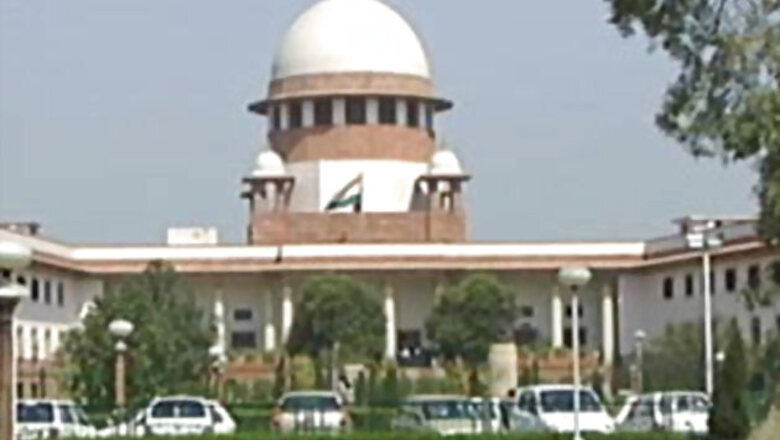
views
Marrying second time by hiding existence of first wedlock is illegal but the second wife is to be treated as the "legally wedded wife" for the purpose of getting maintenance from her husband under Hindu Marriage Act, the Supreme Court has ruled.
A bench of justices Ranjana Prakash Desai and A K Sikri said that the apex court's earlier judgement denying maintenance to the second wife would not apply to those cases where a man marriages the second time by keeping the lady in the dark about the first surviving marriage.
"If this interpretation is not accepted, it would amount to giving a premium to the husband for defrauding the wife. Therefore, at least for the purpose of claiming maintenance under Section 125 of CrPC (maintenance), such a woman is to be treated as the legally wedded wife," the bench said.
The apex court said that if the law is not interpreted in this way, then it would amount to "giving a premium to the husband for defrauding the wife". "We are of the opinion that the judgements of this Court in Adhav and Savitaben cases would apply only in those circumstances where a woman married a man with full knowledge of the first subsisting marriage.
In such cases, she should know that second marriage with such a person is impermissible and there is an embargo under the Hindu Marriage Act and, therefore, she has to suffer the consequences thereof.
"The said judgement would not apply to those cases where a man marries the second time by keeping that lady in the dark about the first surviving marriage. That is the only way two sets of judgements can be reconciled and harmonised," the bench said.
The court passed the order while dismissing an appeal filed by a man challenging a Bombay High Court verdict directing him to pay maintenance to his second wife whom he married by suppressing existence of his first marriage.
The apex court said that "purposive interpretation" needs to be given to the Section 125 CrPC to achieve social justice. "While dealing with the application of destitute wife or hapless children or parents under this provision, the court is dealing with the marginalised sections of the society. The purpose is to achieve social justice which is the constitutional vision, enshrined in the Preamble of the Constitution," the bench said.
"Preamble to the Constitution clearly signals that we have chosen the democratic path under rule of law to achieve the goal of securing for all its citizens, justice, liberty, equality and fraternity. It specifically highlights achieving their social justice. "Therefore, it becomes the bounden duty of the courts to advance the cause of social justice. While giving interpretation to a particular provision, the court is supposed to bridge the gap between the law and society," it said.
"The principles of Hindu Personal Law have developed in an evolutionary way out of concern for all those subject to it so as to make fair provision against destitution. The manifest purpose is to achieve the social objectives for making bare minimum provision to sustain the members of relatively smaller social groups. Its foundation spring is humanistic," the bench said.













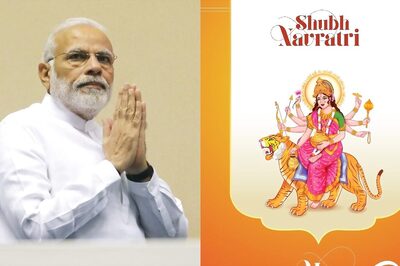

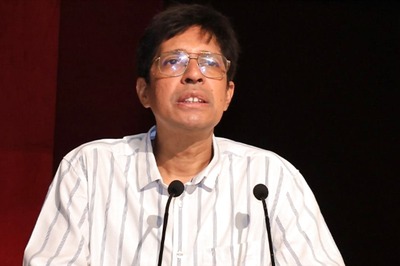
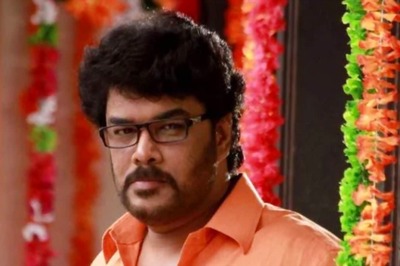
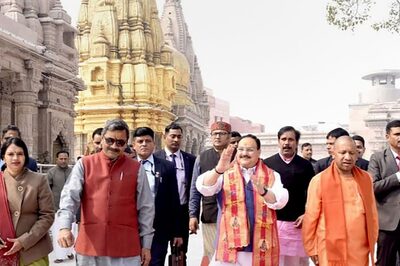
Comments
0 comment